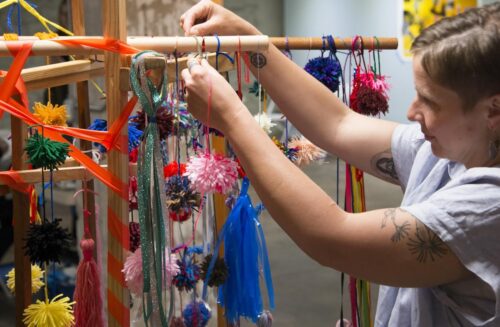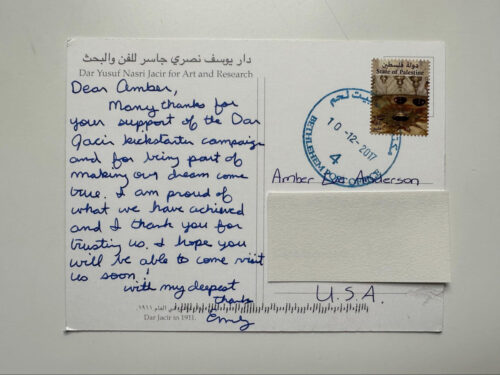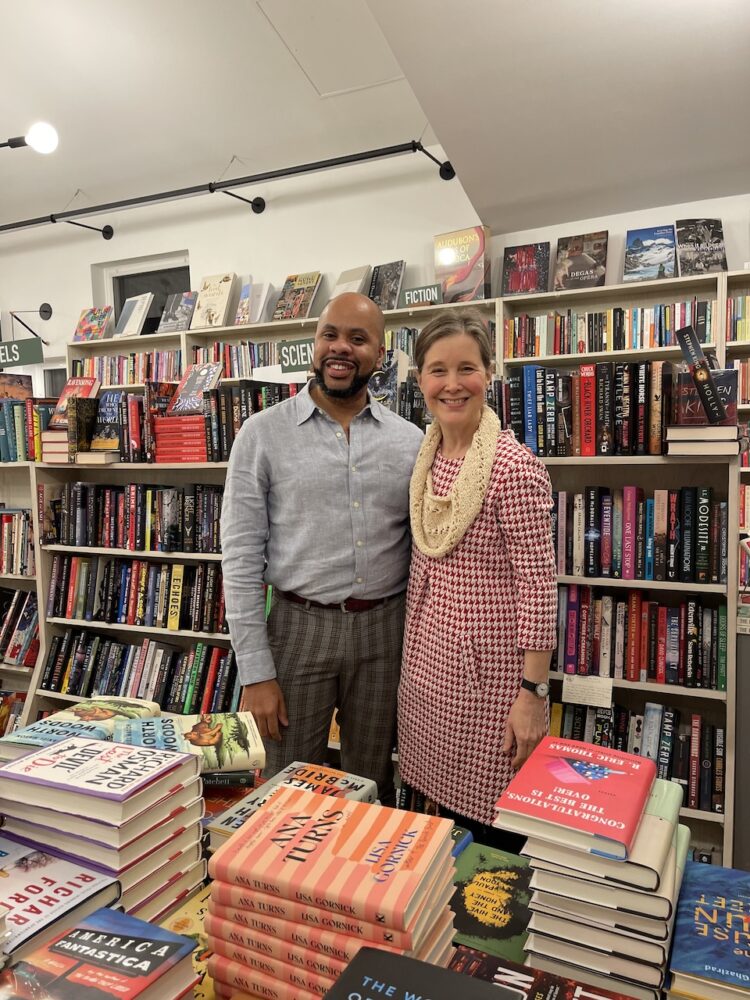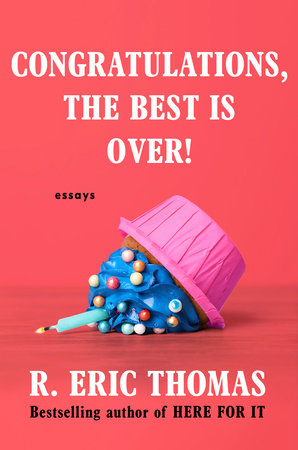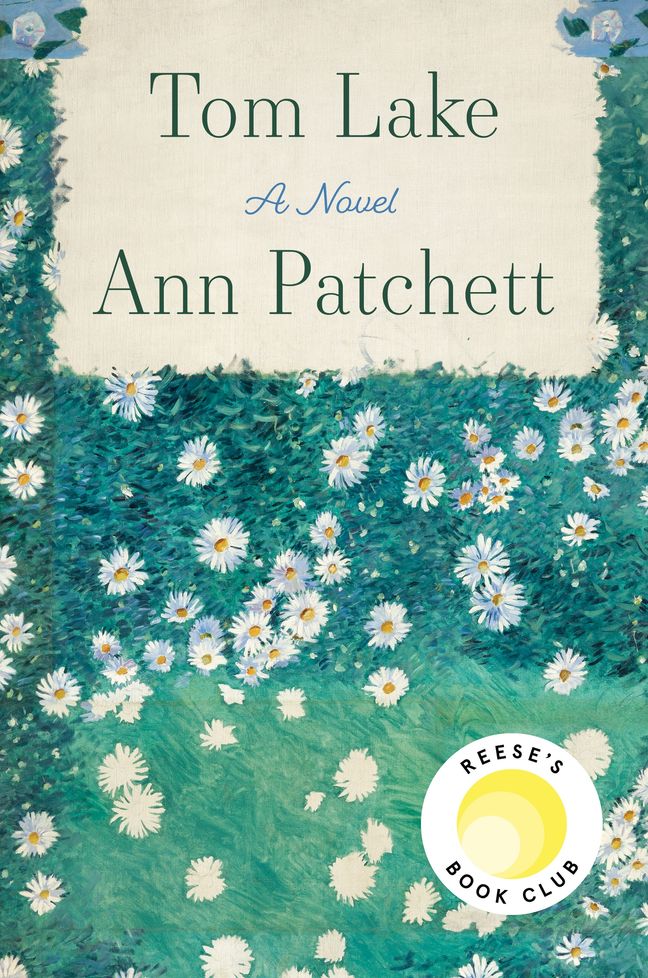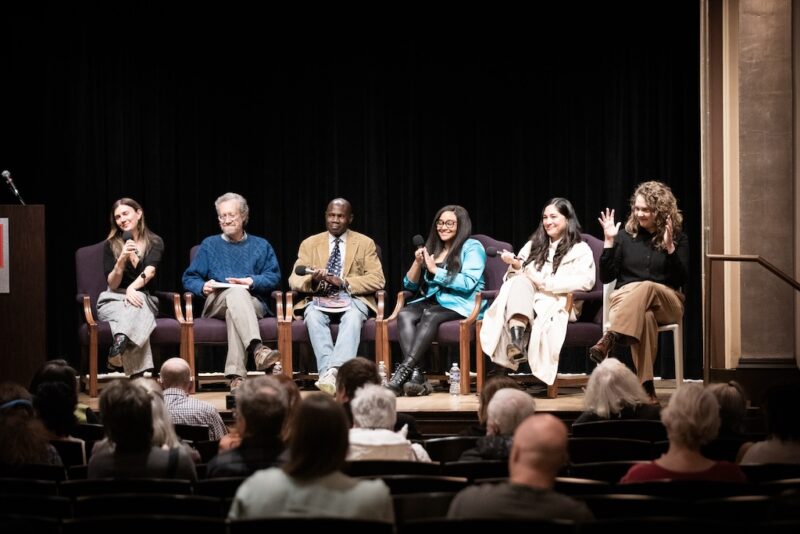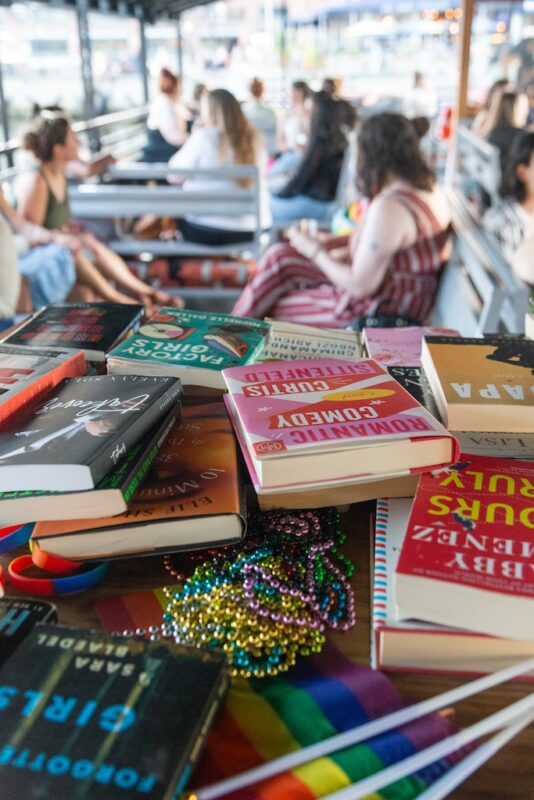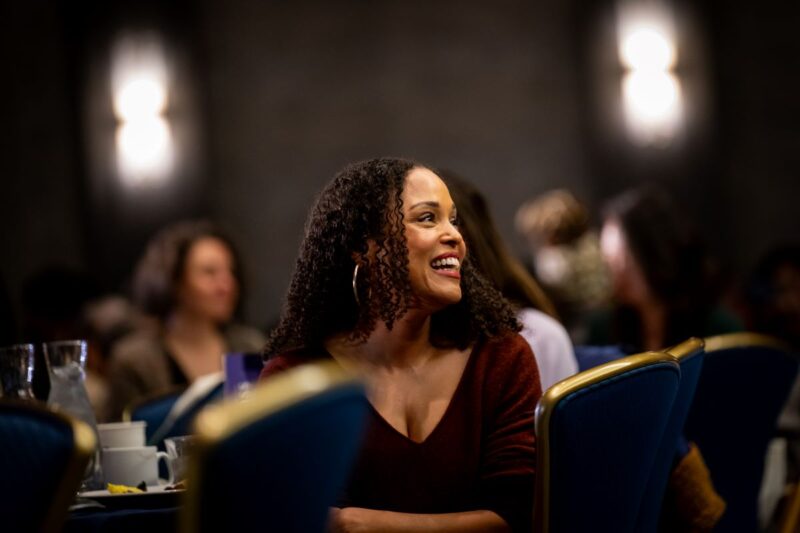One real treasure in Tom Lake is the depiction of a family hunkering down together during the pandemic of 2020. Laura/Lara, the mother, is the central character and she is so happy to have her three grown daughters home with her and her husband on their cherry farm for a few peaceful months. Laura/Lara knows that, under no other circumstance, would she ever be hosting her three adult children in seclusion. She knows it won’t last, and treasures this stolen time. It’s bittersweet, because the daughters are missing out on the messy life experiences that we all need to have in our early twenties, but they’re stuck on a farm with their parents. It could have headed in a “Little Women” direction but, thankfully, does not.
Where it does go, though, is to the mother’s own youthful indiscretions. You find out she was briefly a successful actress with a starring role in one Hollywood film. You learn about her love affair with another actor, a beautiful man who goes on to become famous with a capital F, a movie star, a legend who has died a tragic death.
The daughters knew the outlines of the story, but now that they’re adults with time on their hands, they demand to know more. The plot bounces back to the past and to the pandemic present smoothly, in alternating chapters presenting an ever-darkening story, and the reader experiences Laura/Lara’s sexy misadventures through her own imperfect memory, compared with conversations about it with her daughters that are more cagey. You get the sense she is protecting them from something, but also that she is applying wisdom of a certain age to these memories, seeing them from new angles and perhaps being kinder to herself than she was back then.
During the talk with R. Eric Thomas, Ann Patchett mentioned the way our memories are fixed and altered through the telling of a story. She spoke specifically about a love affair that happened long ago at an art residency that she loosely based the seduction scene from Tom Lake on, saying, “I thought those pieces of me would stay forever, but they didn’t.”
She went on to explain that our emotions, our fight-or-flight reactions, the immediate reason for a story, fade with time. However, “Every time you tell it again, you’re shaping the story. You can’t go back to that moment every time, but you’ve made it into something. And there it stays forever… What do people who don’t write do with their memories?”
There is such power in the story-within-a-story approach taken in both Tom Lake and Commonwealth, (and in Bel Canto, The Dutch House, and other Patchett novels) where the reader trusts the narrator at first, but grows unsure about them after witnessing the mutable aspect of memory.
In life in general and in an Ann Patchett novel, the meaning placed on past events and relationships is fixed by the retelling of a story, and it changes depending on who tells it. Patchett manages to present these multiple perspectives simultaneously with the weightless grace of an acrobat who confidently plucks our attention, then questions and stretches our trust as far as it might go, teasing us out onto the ledge with her.
Sometimes the trapeze breaks and the characters fall. Their hard landing, wounds, recovery, choice to heal or not, and potential redemption is encompassed within the story itself but also in the act of its telling, or in our case, reading. The author’s super power is to create a plot that steers you gently toward forgiveness, especially for those who are clueless and imperfect, creating a space for decades to unfold and wisdom to be accrued honestly.
Stories matter. Clearly they matter a lot to the thousand or so people who showed up on a December night to hear Ann Patchett and R. Eric Thomas speak. As authors, artists, readers, and attendees of cultural gatherings, we are all actively participating in the process of making meaning in our lives through storytelling. How we choose to fix these memories in time, to assign value and transform them into art, is an ever-beckoning invitation.
This is the sparkling gem I left with that night, after the authorial love fest ended and people lined up to support a beloved local bookshop with their purchases, and I went back out into the cold darkness to see if my illegally parked car was still where I had left it.
